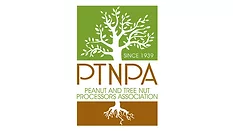
It's Time to Reformulate Deli Meats to Reduce the Risk of Listeria monocytogenes
This article explores the use of growth inhibitors into formulations for deli meats to mitigate Listeria monocytogenes contamination, and provides guidance for the various options of effective compounds, including clean-label ingredients, to reduce the risk of Listeria contamination in deli meats.





